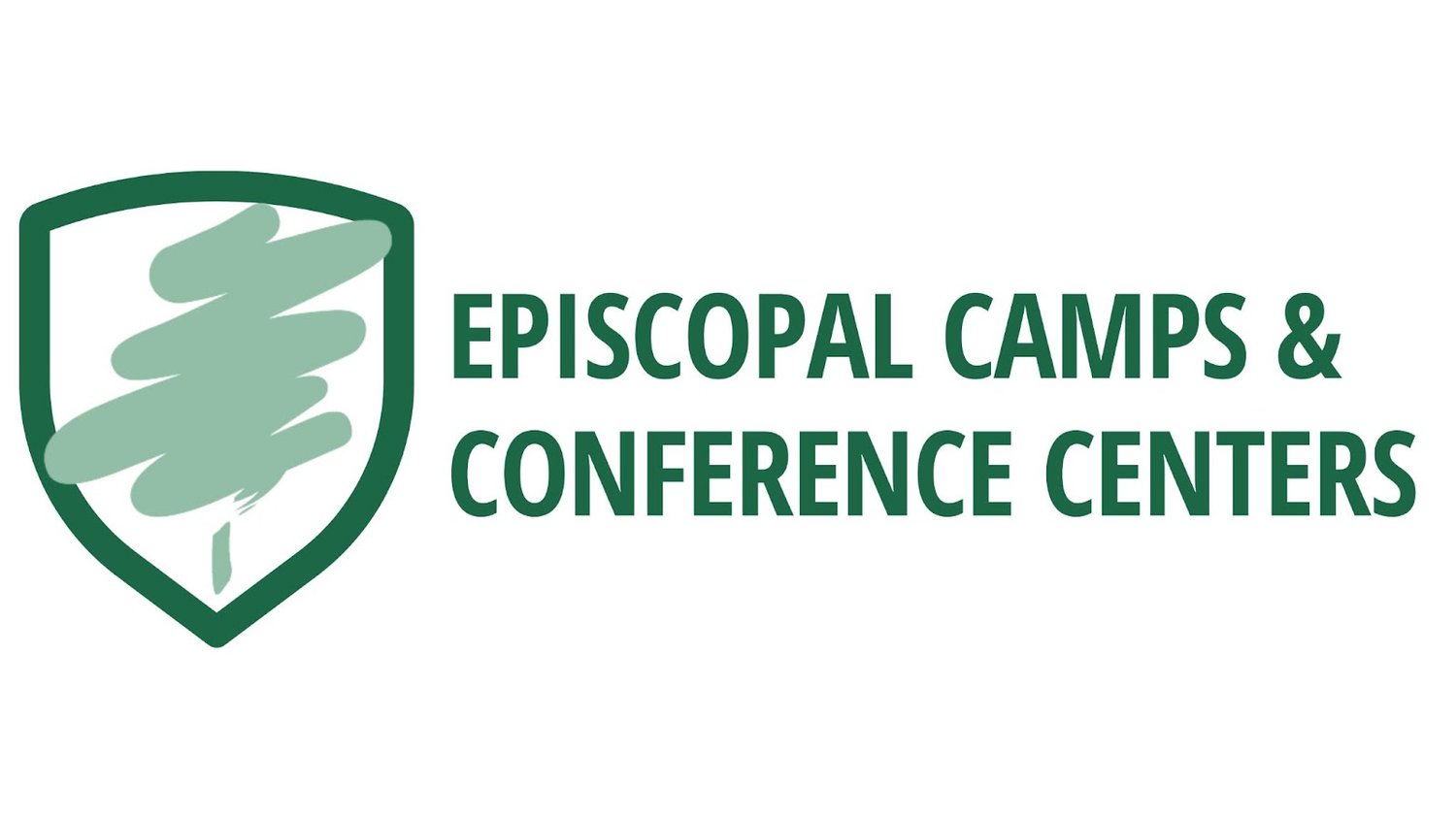Safe Church safe communities
The obligation to seek and serve Christ in all persons and to respect the dignity of every human being is binding for all the baptized. The authority with which leaders — ordained persons, adults who minister with minors (children and youth), youth in leadership roles, and adults who minister with vulnerable — are entrusted, creates an inherent power imbalance in the pastoral relationship. This power imbalance derives from the leadership role and, in the case of clergy, the symbolic authority of an ordained person. Christian leadership is intended to provide occasions for guidance and grace, and its abuse is always and unequivocally wrong.
Most Safe Church, Safe Communities policies below demonstrate our commitment to creating a safe environment and outline the theology, terminology, expectations, and implementation steps for compliance. All clergy, employees, and volunteer leaders are required to receive these policies and complete the Policy & Code of Conduct Acknowledgment example in our resources.
Model Policies
In the Model Policies, you will find that each diocese shall adopt a Policy for the Protection of Children and Youth and a Policy for the Protection of Vulnerable Adults that is consistent with and/or exceeds the requirements in this model policy.
Camps and Centers may adopt site-specific variations from this model policy or use Diocesan policies where permitted by their governing body, which shall be described in detail, including the circumstances under which those variations are to be permitted and their rationale. This approval shall be recorded in the minutes of the governing body.
The bishop or ecclesiastical authority for each diocese shall inform congregations and other organizations within the diocese of the contents of the diocesan policy, the requirement that each congregation or organization adopt a policy in accordance with the diocesan policy, and the vendor(s) approved by each diocese to conduct Public Records Checks.
Each diocese is required to conduct a Safe Church Self-Audit every three years to confirm compliance with diocesan safe church policies.
Resources
Safe Church, Safe Communities set up and training
Training
ECCC is committed to doing everything in its power to maintain a safe and supportive atmosphere for the children and adults who are members of its congregations, attend its programs or participate in its ministries. We recommend to all our member centers that all who serve in our campers, retreat, and conference centers to complete Safe Church, Safe Communities training, created by the Episcopal Church Task Force to Develop Model Anti-Sexual Harassment Policies and Safe Church Training.
All training is to be completed online through the Praesidium Academy Platform and renewed every three years. To determine the training modules required, please consult the Training Requirements document.
Universal Training
Introduction & Theological Background
Organizational Rules & Policies
Healthy Boundaries
Inclusion
Camp Training
Keeping Your Day Camp Safe
Keeping Your Overnight Camp Safe
Specialty Training
Abuse & Neglect
Power & Relationships
Pastoral Relationships
Bullying




